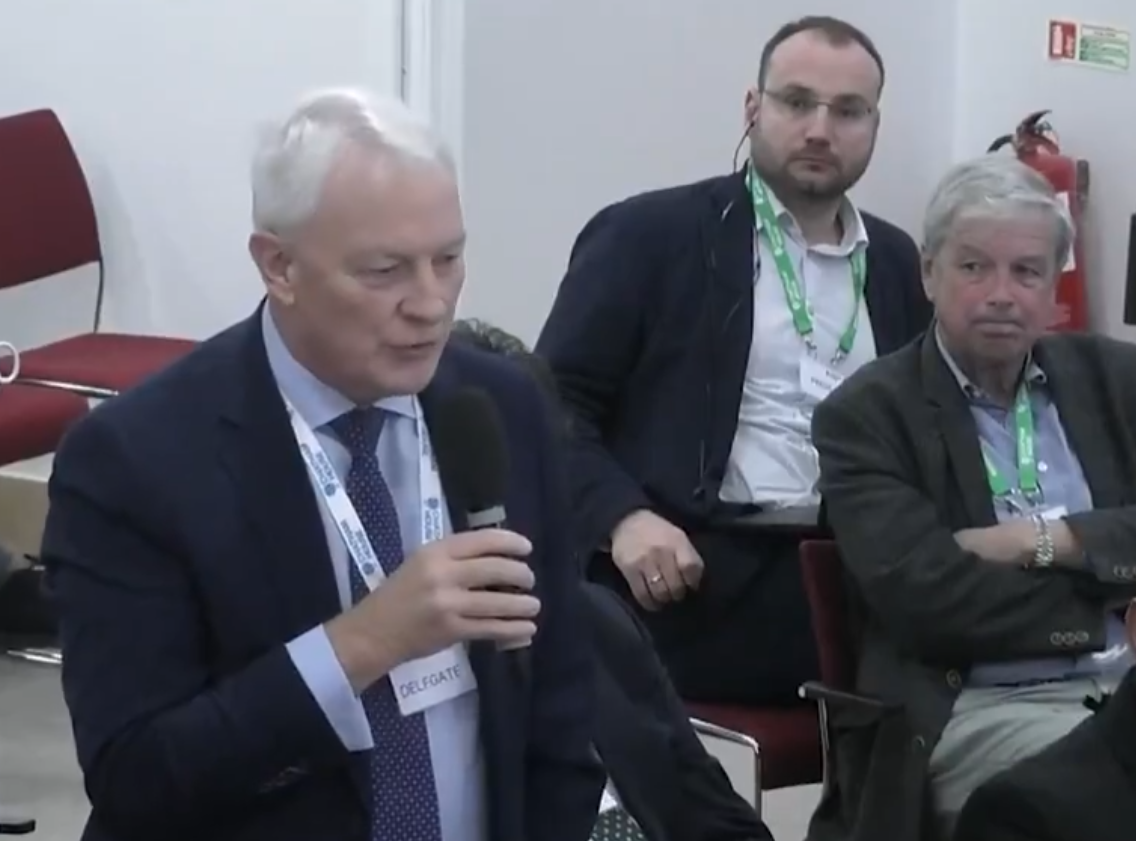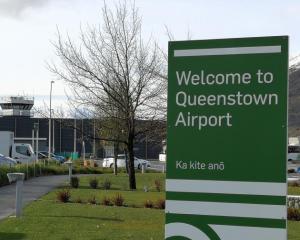
Sometimes, if we may be forgiven for mixing up our fairy tales and our metaphors, the emperor’s new clothes can be the elephant in the room.
This week there have been plenty of high-profile comings and goings, mostly goings in fact, including the unexpected resignation of Reserve Bank governor Adrian Orr and the announcement of the departure of Air New Zealand chief executive Greg Foran.
However, the sudden sacking of career politician Phil Goff as High Commissioner to the United Kingdom was the most extraordinary.
At face value, Mr Goff overstepped the mark expected of a diplomat and has paid the price.
But at a deeper level, what has happened has given us a fleeting glimpse into the secretive and unctuous world of diplomacy, where a healthy helping of obsequiousness actually seems preferable to telling the truth.
Such kowtowing in public is interesting, given diplomatic encounters behind the scenes must on occasion be full of arguments and indiscreet remarks.

Recent events in the Oval Office have shown that’s not what he’s about, that he has not one ounce of humility or sensitivity.
And yet the opposite is somehow what is expected from others so as not to upset the ever-so thin-skinned president, who can dish it out but can’t take it.
Mr Goff was at a Chatham House event with Finland’s Foreign Minister Elina Valtonen when he was caught out making comments, which others deemed unstatesmanlike, about Mr Trump.
During a question-and-answer session, he said he had re-read Winston Churchill’s 1938 speech after the Munich Agreement in which he told then British prime minister Neville Chamberlain he ‘‘had the choice between war and dishonour. You chose dishonour, yet you will have war’’.
Mr Goff then pointed out Mr Trump had returned a bust of Churchill to the Oval Office. ‘‘But do you think he really understands history?’’
It’s possible Mr Goff underestimated the potential size of his audience. He is, however, an experienced politician and was most likely just expressing an honestly held opinion.
Unfortunately, politicians can freely say things which diplomats and high commissioners cannot.
From his base in London, Mr Goff was effectively the face of New Zealand in the UK, and all of his actions and statements were understood to be a reflection of this country’s position on various people and policies. That is why Foreign Minister Winston Peters sacked him.
Mr Peters says the dismissal was one of the most difficult things he had to do in many years in politics. He said he had worked with Mr Goff for a long time and it is clear that he respected him.
Yet it had to be done, Mr Peters said, as Mr Goff’s position had become ‘‘untenable’’ after criticising Mr Trump.
‘‘You’re not able to free think, you are the face of New Zealand. It’s not the way you behave as the front face of a country, diplomatically,’’ the foreign minister said.
Under questioning, Mr Peters became tetchy, saying he had not consulted Prime Minister Christopher Luxon over his decision and that he knew Mr Luxon was prime minister - ‘‘I made him the prime minister’’, he said in his own breathtaking moment of non-diplomacy.
Putting that to one side, Mr Peters has made the right decision.
We say that a little grudgingly and with a degree of disappointment for the country’s representation in the UK and for Mr Goff himself, a long-time servant of New Zealand.
It feels like a great injustice that the requirements of diplomacy may mean that grovelling to a bombastic, dishonest president with few good qualities about him is more important, more the right thing to do in the eyes of the powerful, than being truthful. Such toadying merely serves to shore up the position, and ego, of the fawned upon.
So we also have to say good on Mr Goff for not becoming one of the bootlickers, even if it wasn’t quite the right occasion on which to show that.
The elephant in the room is called Trump and it hasn’t got any clothes on.












